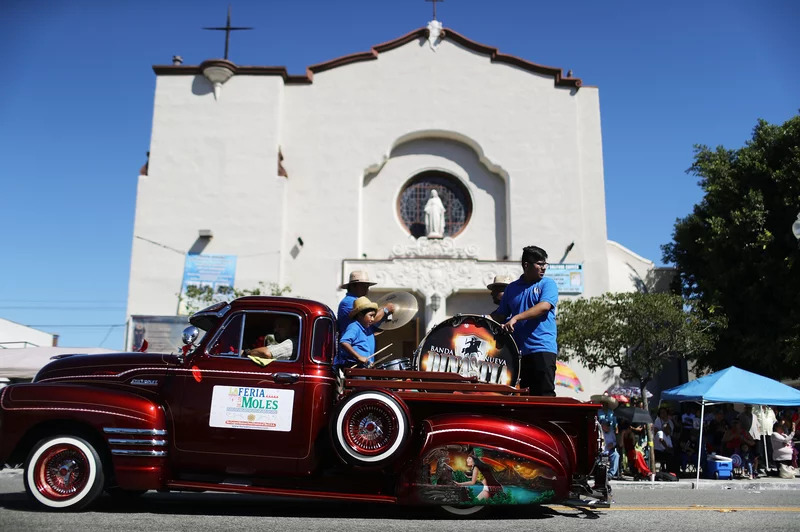Cruising and lowriders both have their roots in postwar Southern California, where Chicanos made an art form out of car customization and turned to driving as a means of socializing and community organizing.
But among outsiders, lowriding developed a reputation for clogging traffic and having links to gang activity.
In the late 1950s, California enacted a state law regulating lowriders. And in the late 1980s, the state began permitting cities and towns to put in place cruising bans over fears of traffic congestion and crime, lawmakers said. Lowriders have long argued that the ordinances designed to curb cruising unfairly targeted Latinos.
Last year both houses of the California Legislature unanimously approved a resolution urging towns and cities across the state to drop their bans on cruising, but it didn't force any municipalities to do so.
A number of California cities have recently scrapped their bans on cruising, from Sacramento to San Jose. And in several cities where cruising is outlawed in certain areas, such as National City and Modesto, there are efforts underway to repeal the decades-old rules.
But bans remain on the books in places such as Los Angeles, Fresno and Santa Ana.
Alvarez said the bill has broad support and he expects it to become law, which would help undo stereotypes about cruising and lowriding and allow people to enjoy the custom legally.
"The reality is that people who are spending their time and their money — and these cars can be very expensive — they're not individuals who are looking to do any harm," Alvarez said.
"Acknowledging that this activity is part of our culture and not trying to erase that from our culture is important, especially when it's a positive activity," he added.
